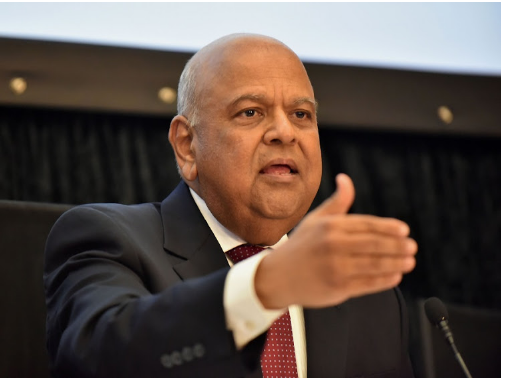Johnathan Paoli
Public Enterprises Minister Pravin Gordhan released the National State Enterprises Bill which seeks to enable private equity investment in ‘strategic’ state-owned enterprises (SOEs) last week – the culmination of five years of work with advice by some of the members of the Presidential SOE Council.
The draft legislation proposes a new model for South Africa’s troubled SOEs, which could potentially include listings on the stock exchange.
Gordhan has previously said the model would have the advantage of separating the state’s ownership functions from its policy and regulatory functions, minimising the scope for political interference, and introducing greater professionalism into the entities and would replace the Department of Public Enterprises, which would cease to exist.
However, the SOE Bill has been criticized for its provision for a new shareholding company to oversee the dysfunctional SOEs, which some have argued as counterproductive and rendering the bill undesirable.
Critics argue that this could perpetuate corruption and maladministration, and drive away the badly needed private equity investment.
The DA said the bill would have been beneficial if its sole focus was to create pathways through which private investment could start flowing into the SOE sector, and that they believed that SOEs should either be privatized entirely or opened up to public/private partnerships to improve efficiencies and increase innovation.
DA Shadow Finance minister Ghaleb Cachalia said state controlled central planning, corruption, state capture and maladministration have been responsible for the downward spiral in the SOE sector.
“Sadly, the proposed National State Enterprises Bill, in its current form, will only perpetuate the crises in the sector and shrink the South African economy even further,” Cachalia said.
Prospects of the bill being successfully processed by both Nedlac and Parliament before the dissolution of the legislature ahead of the next elections remain doubtful due to the packed schedule of programmes.
And any legislation not completed upon the reestablishment of Parliament in March, would have to start from the beginning.
INSIDE POLITICS

